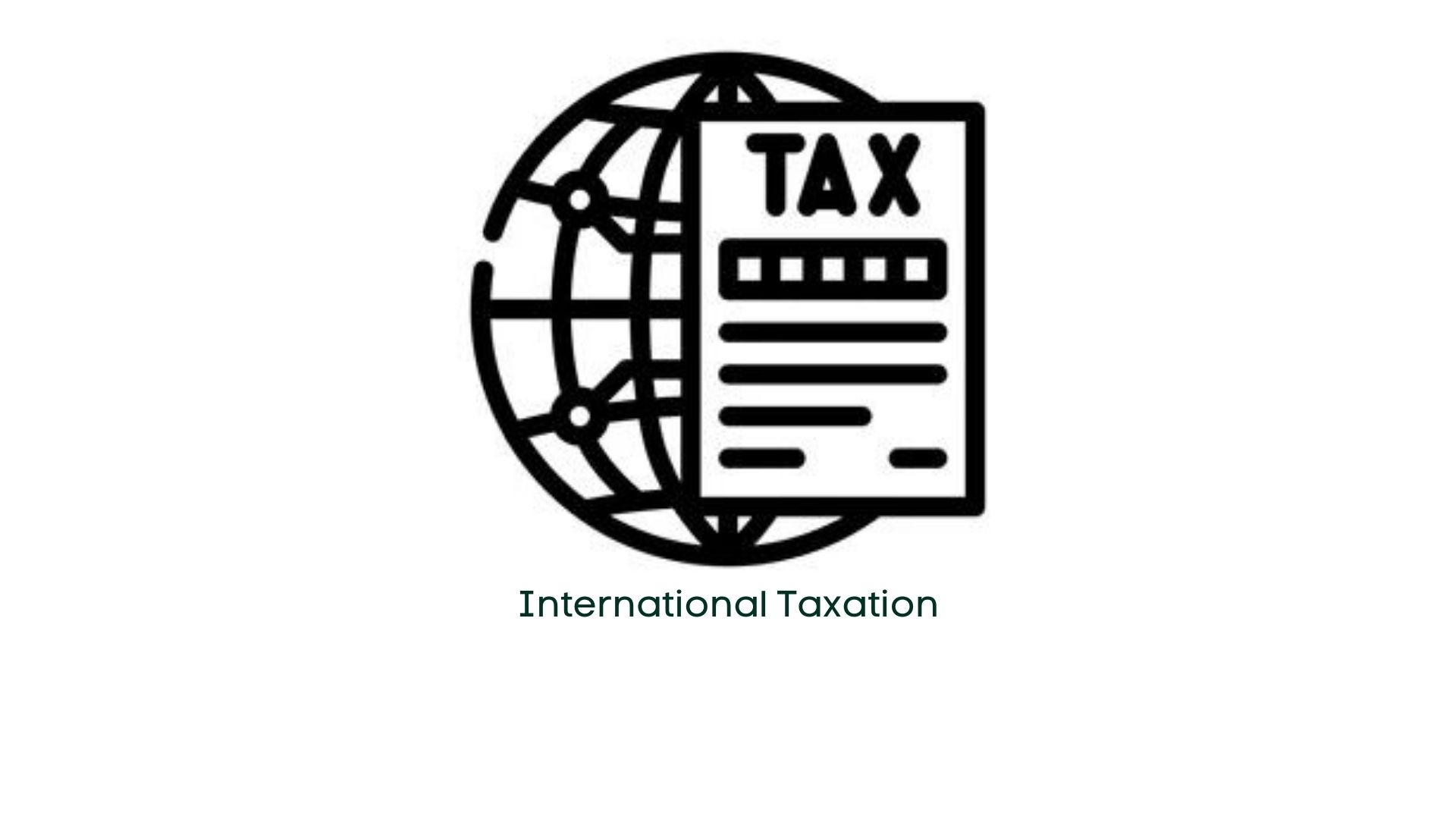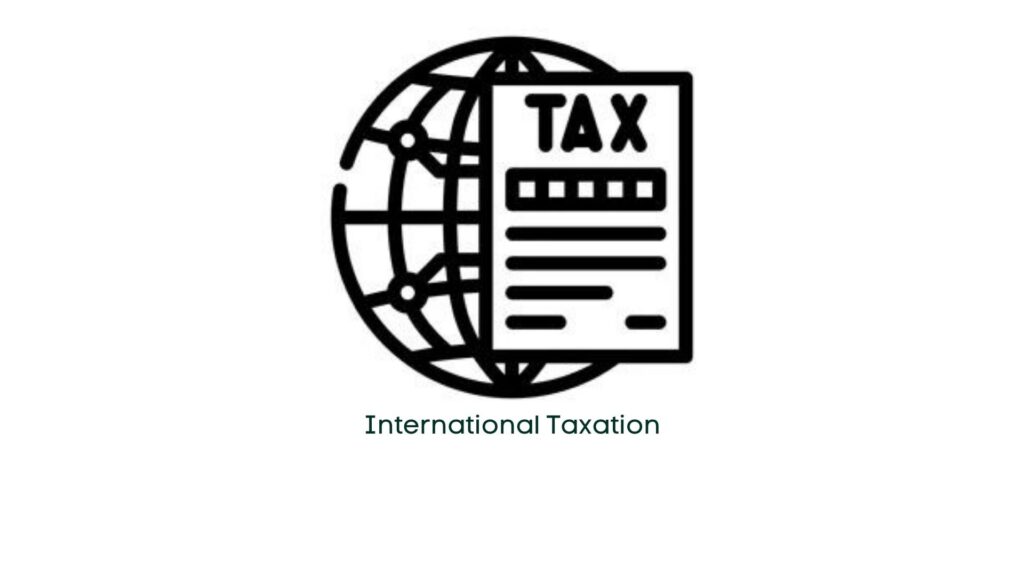
01 Mar International Taxation

Introduction to International Taxation
International taxation involves the examination and implementation of tax regulations applicable to individuals or businesses across different countries or the international aspects of a nation’s tax laws.
Significance of International Taxation
The significance of international taxation has risen notably in recent years due to the necessity of substantial additional financing to achieve UN-Millennium Development Goals. Economic globalization has underscored the need for international taxation as it creates opportunities for profit generation across borders.
Reasons for International Taxation
Globalization has led to the erosion of national tax systems, with multinational corporations and international investors utilizing tax havens and loopholes to minimize tax liabilities. This trend contributes to a structural crisis in public finances, necessitating international tax mechanisms to regulate and manage globalization effectively.
Double Taxation
Double taxation occurs when the same income is taxed in two different jurisdictions, such as at both the corporate and personal levels or in two different countries. This phenomenon poses challenges for international businesses, potentially making cross-border transactions economically burdensome.
Relief from Double Taxation
Relief from double taxation can be achieved through bilateral agreements between countries or unilateral measures taken by individual nations. Bilateral relief agreements outline the basis for granting tax relief, while unilateral relief may be provided by the taxpayer’s home country.
Transfer Pricing
Transfer pricing involves setting prices for goods and services exchanged between related entities within a corporation. It aims to ensure fairness in transactions and prevent tax evasion by manipulating prices within multinational corporations.
Controlled Foreign Corporation (CFC) Regulation
CFC regulations are anti-avoidance measures implemented by various countries to tax passive income earned by foreign corporations under their control. These regulations require companies to adhere to the tax laws of both their country of incorporation and the jurisdictions where they operate.
Black Money and Imposition of Tax Act
The Black Money (Undisclosed Foreign Income and Assets) and Imposition of Tax Act, 2015, enacted by the Parliament of India, targets undisclosed foreign assets and income. It imposes taxes and penalties on such assets to curb the flow of black money.
Tax Authorities
Under the Black Money Act, income tax authorities designated in Section 116 of the Income Tax Act, 1961, are responsible for enforcing tax provisions related to undisclosed foreign income and assets. These authorities have jurisdiction over individuals and entities subject to the Act’s provisions.


No Comments